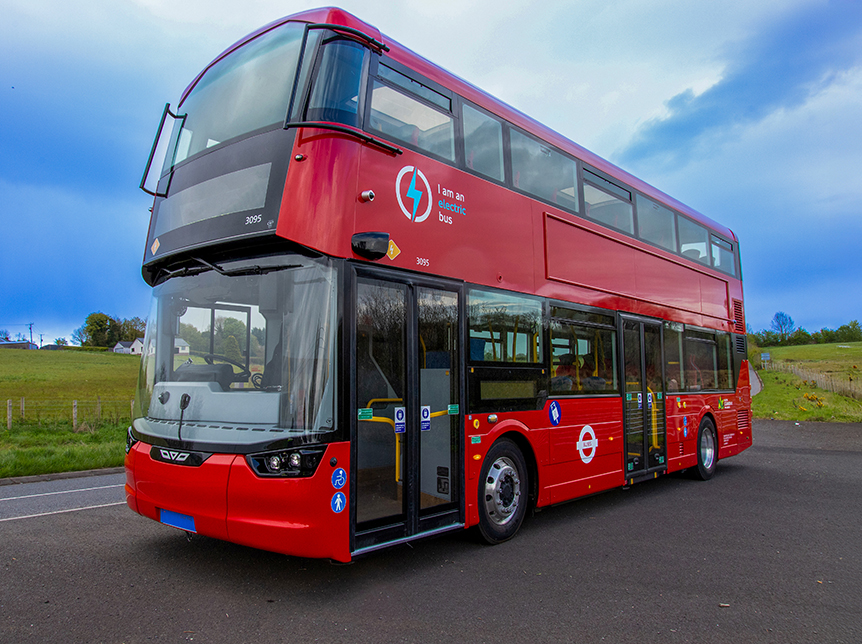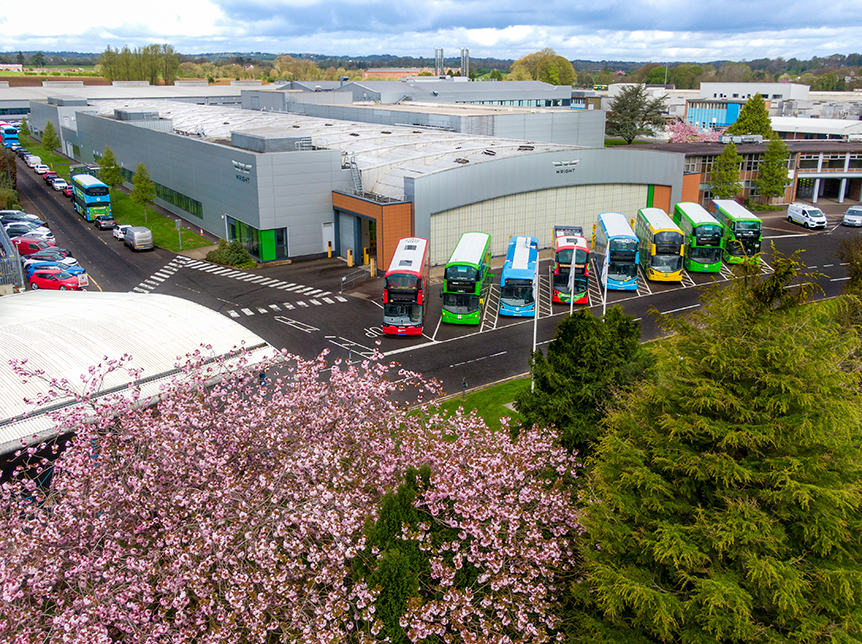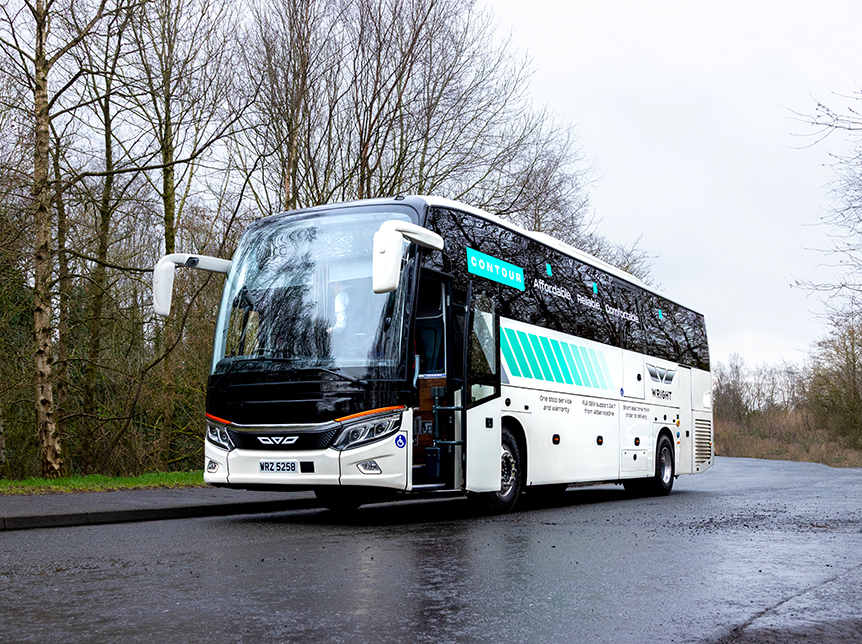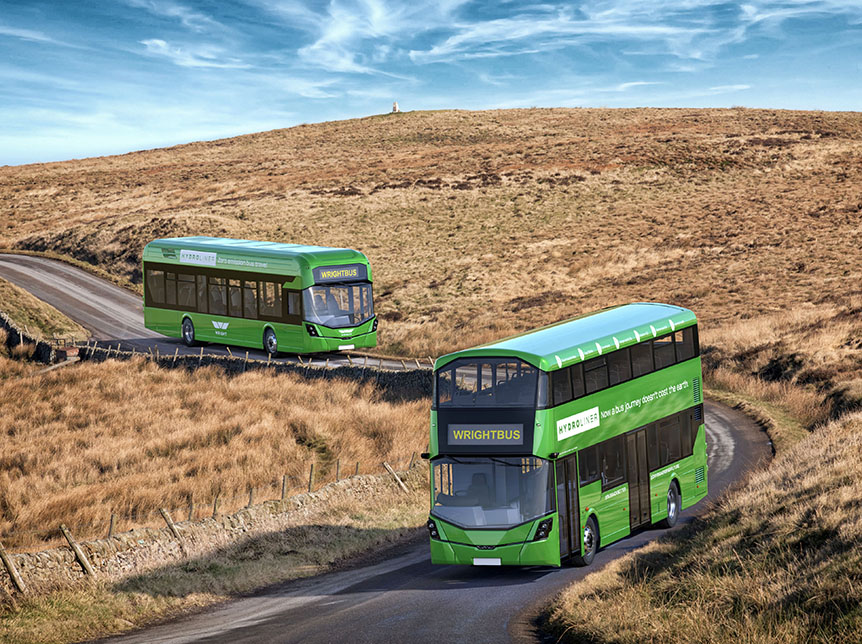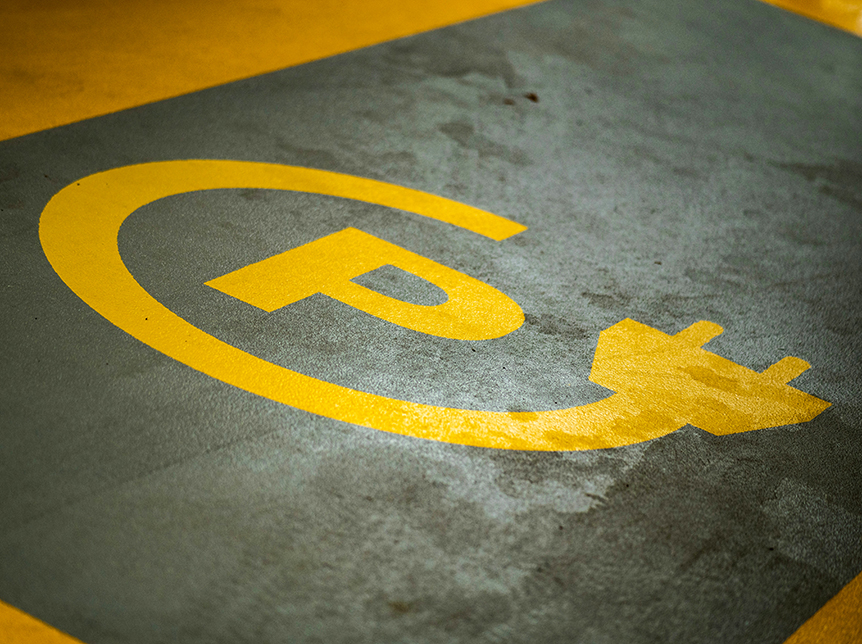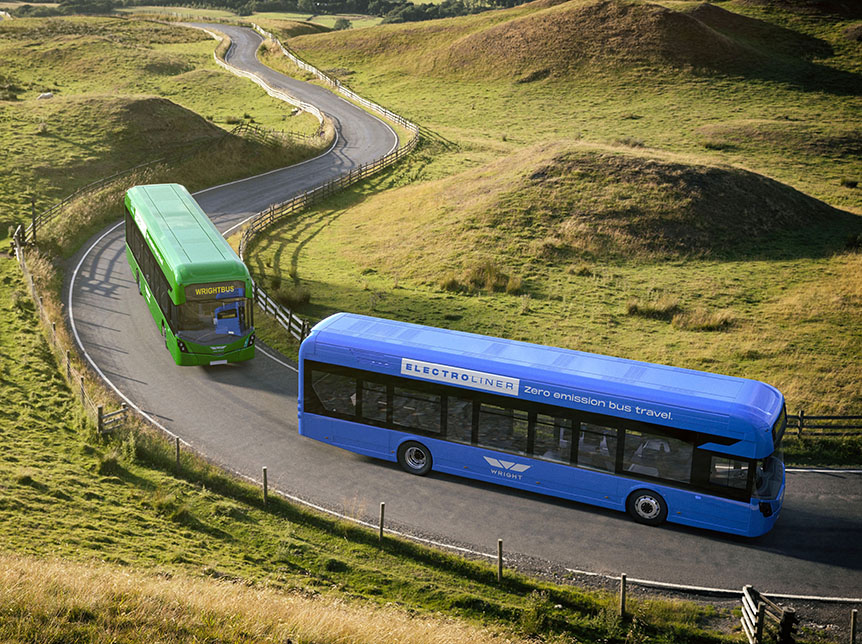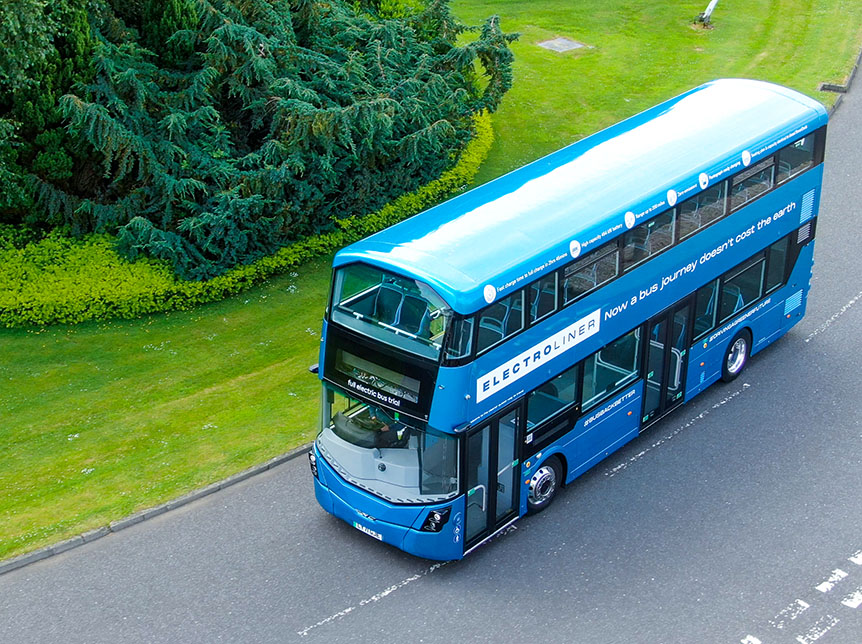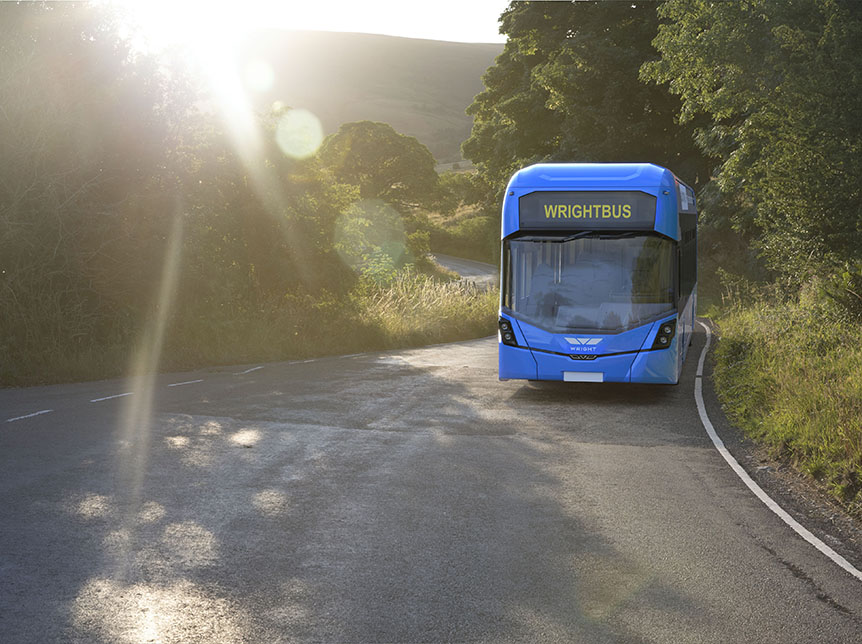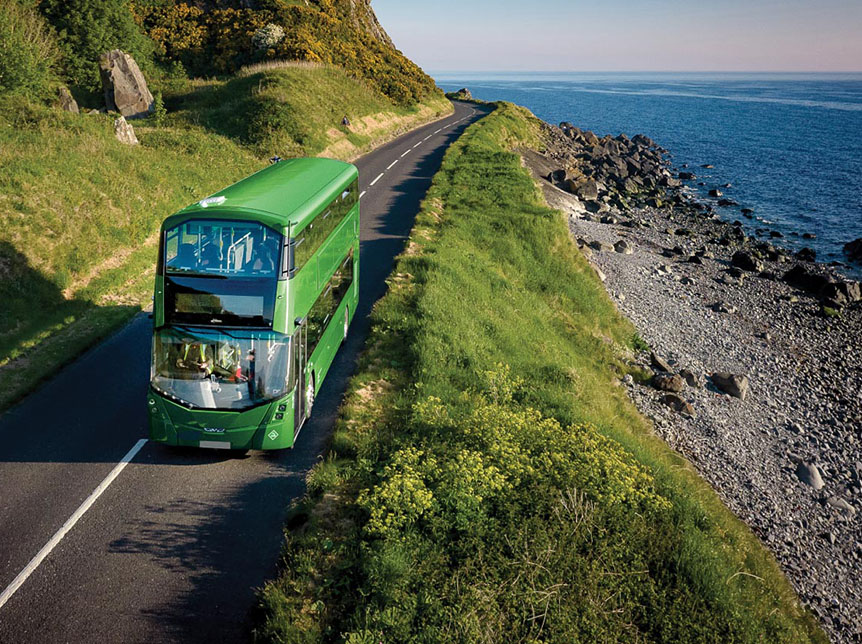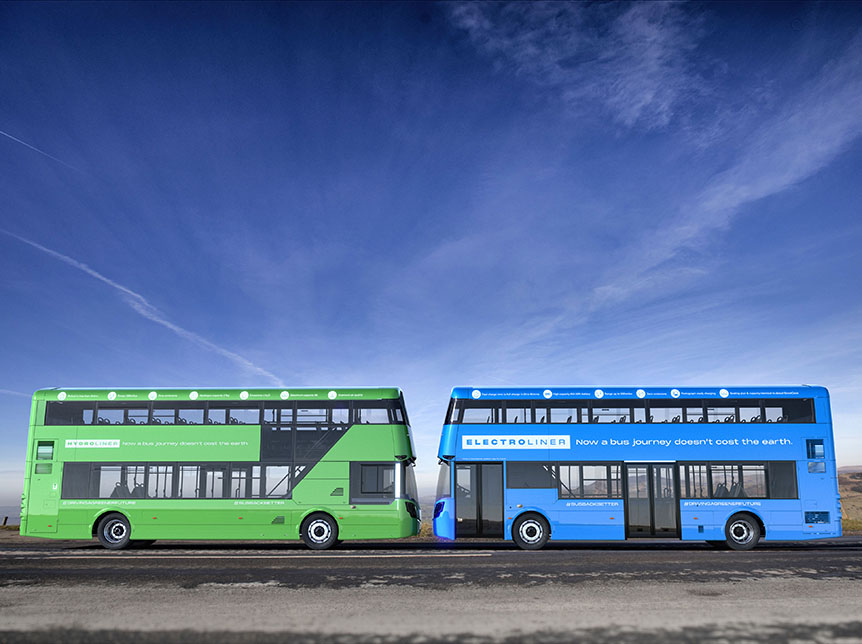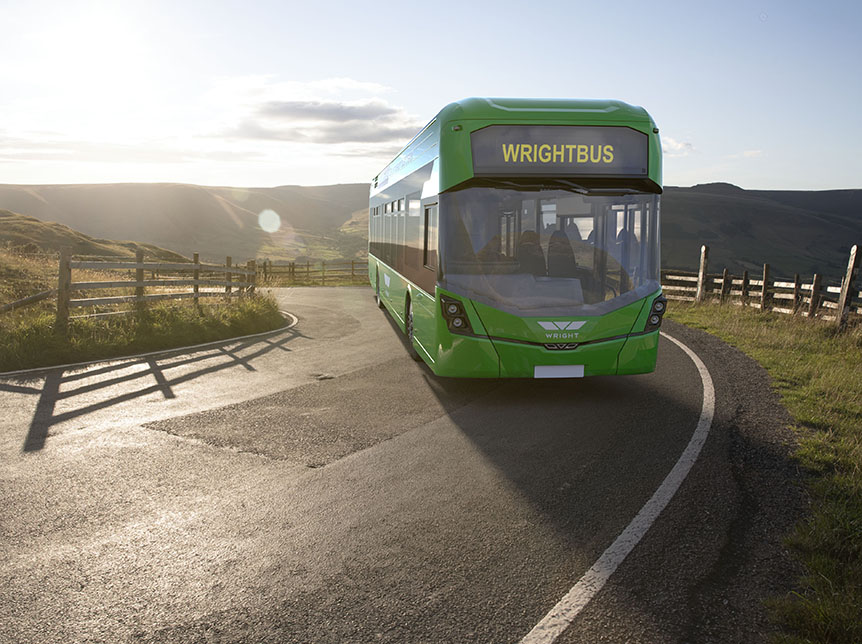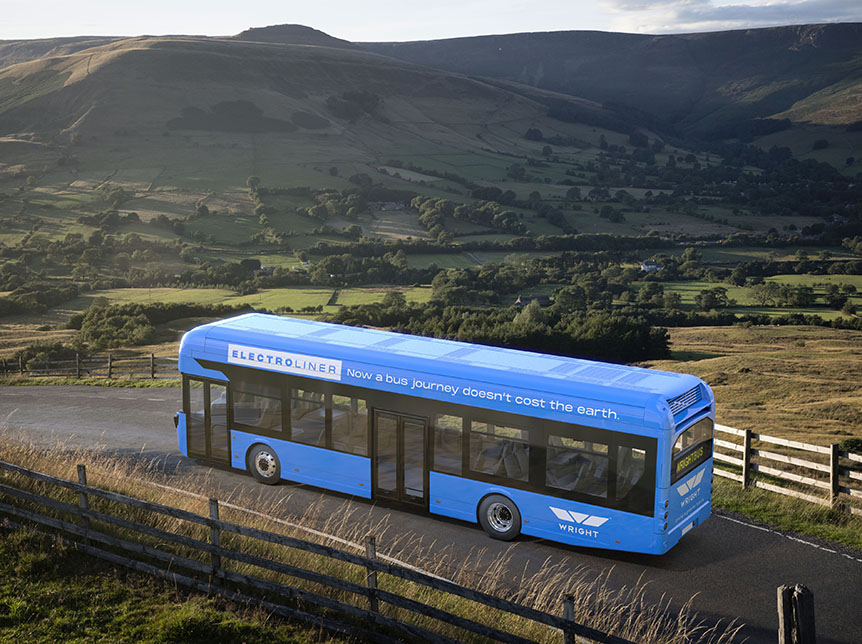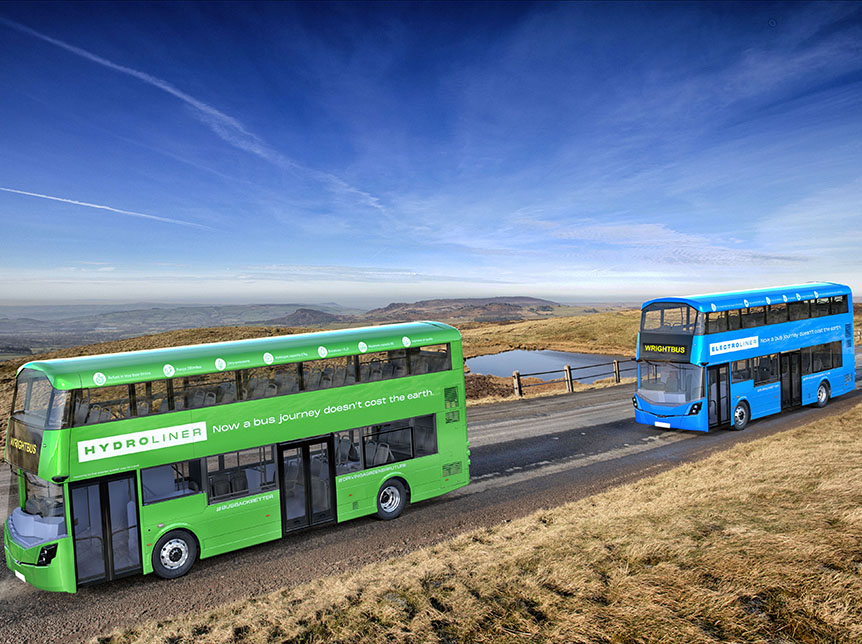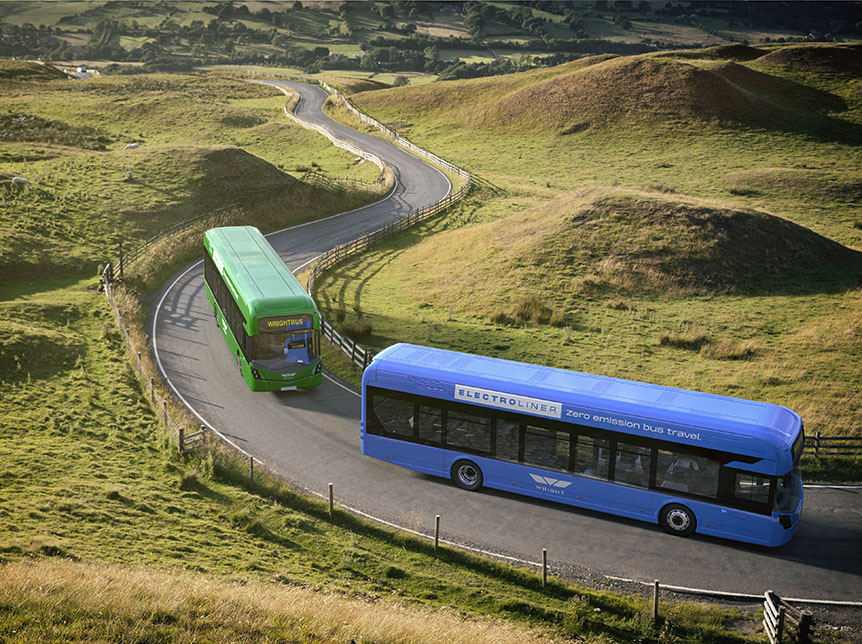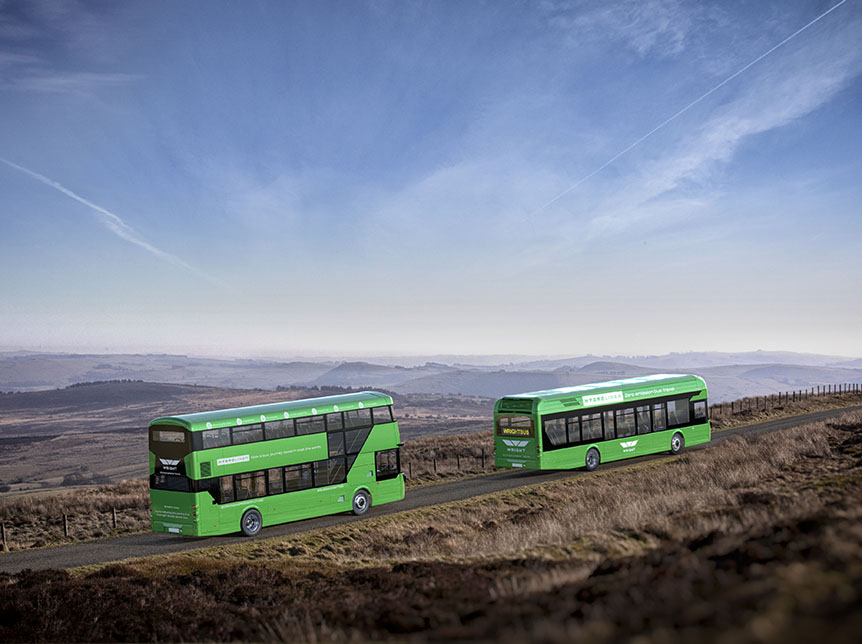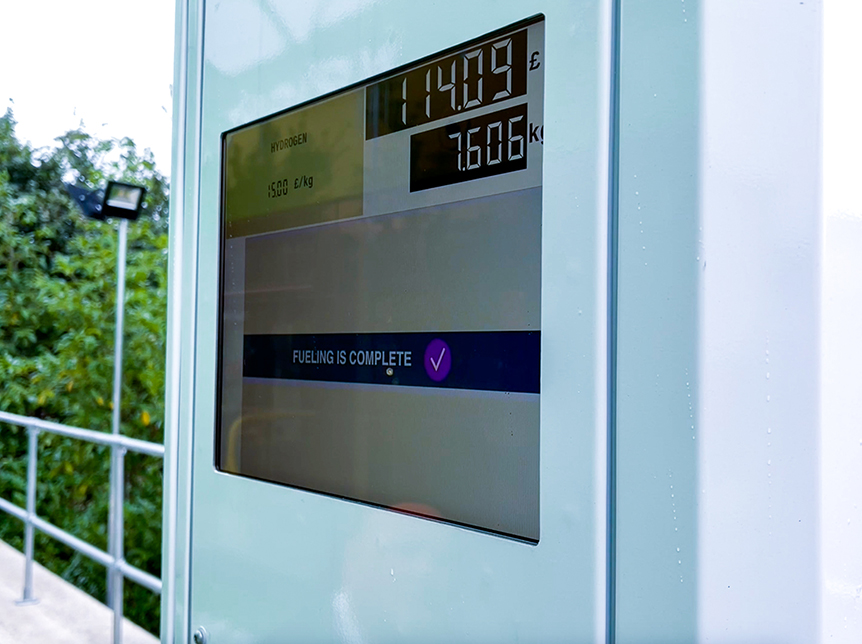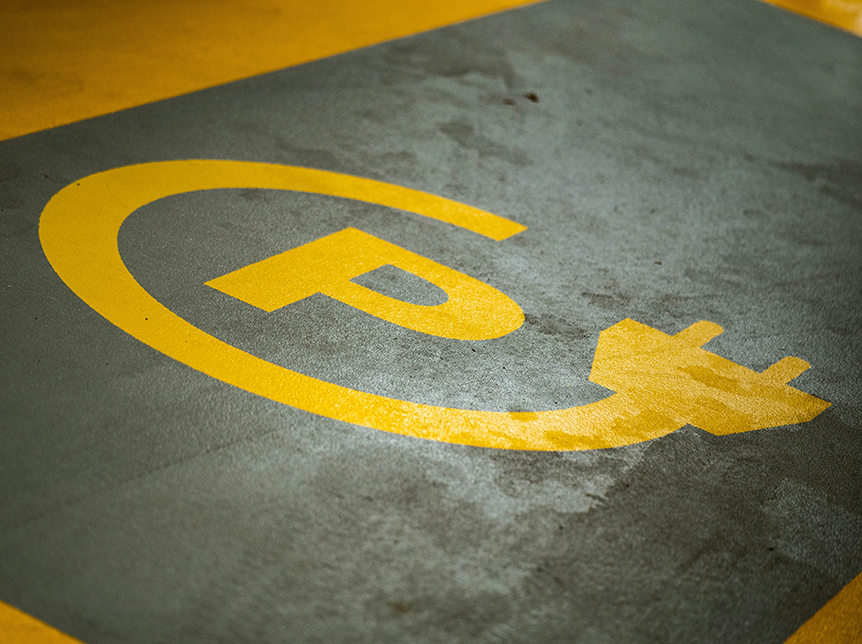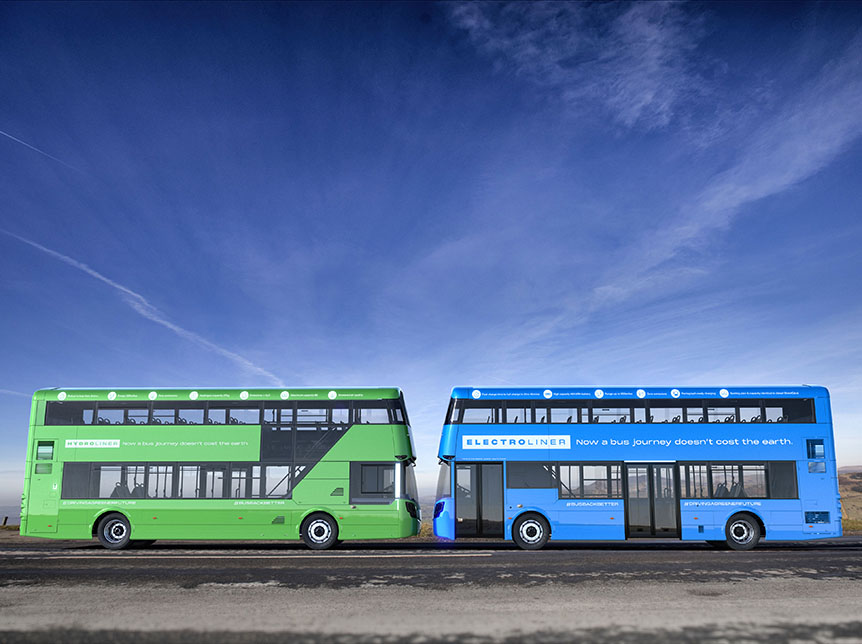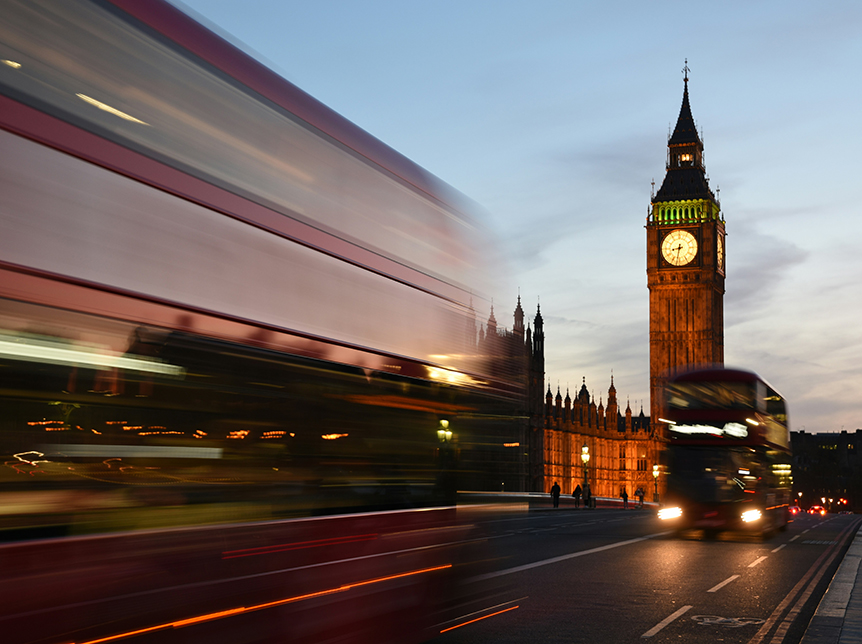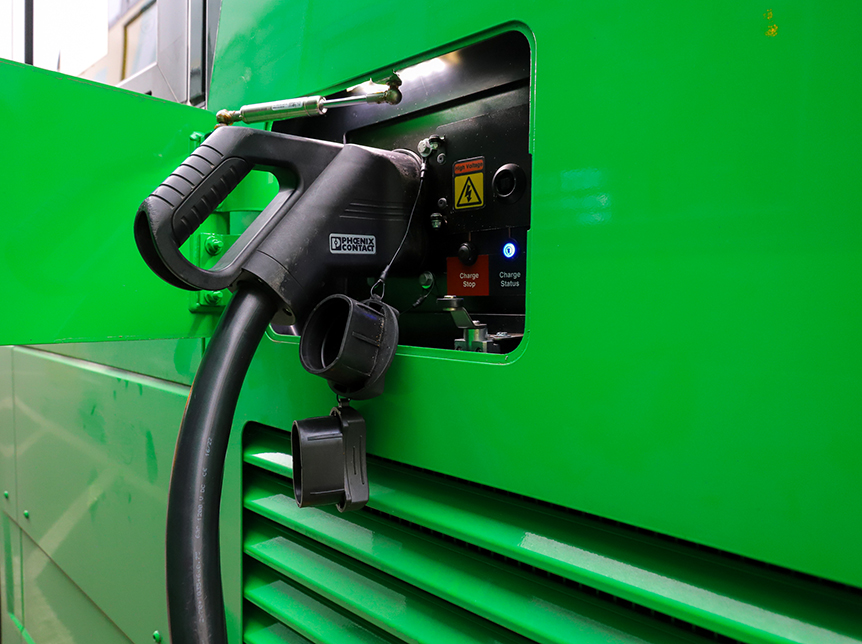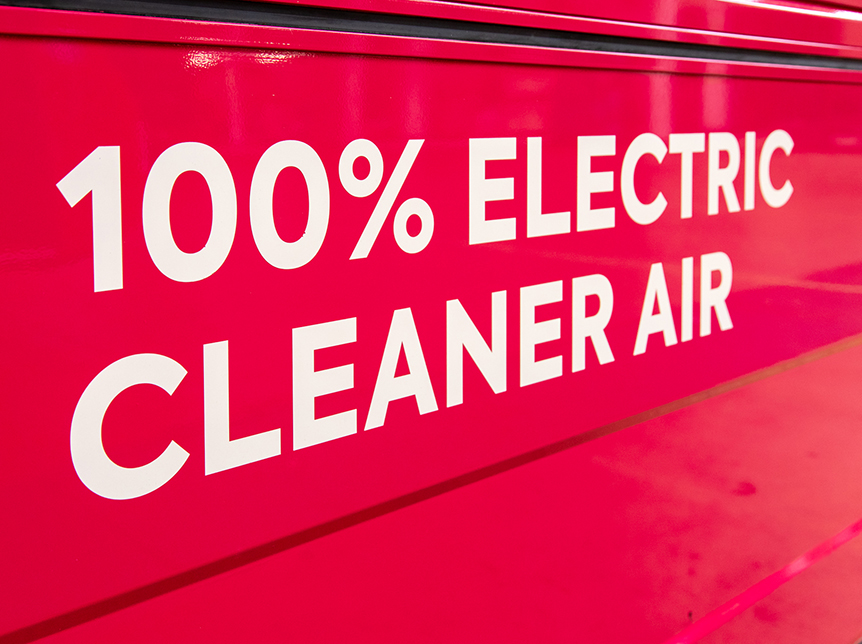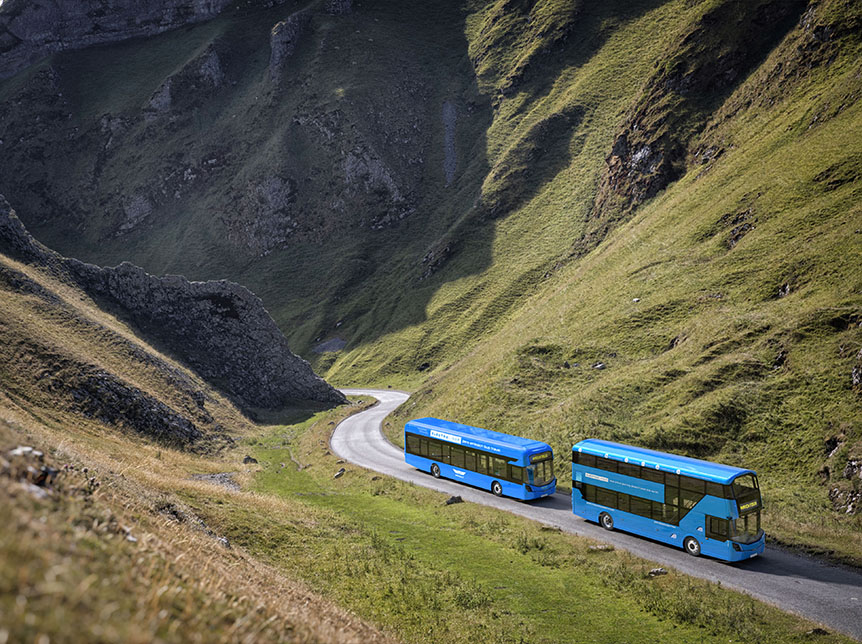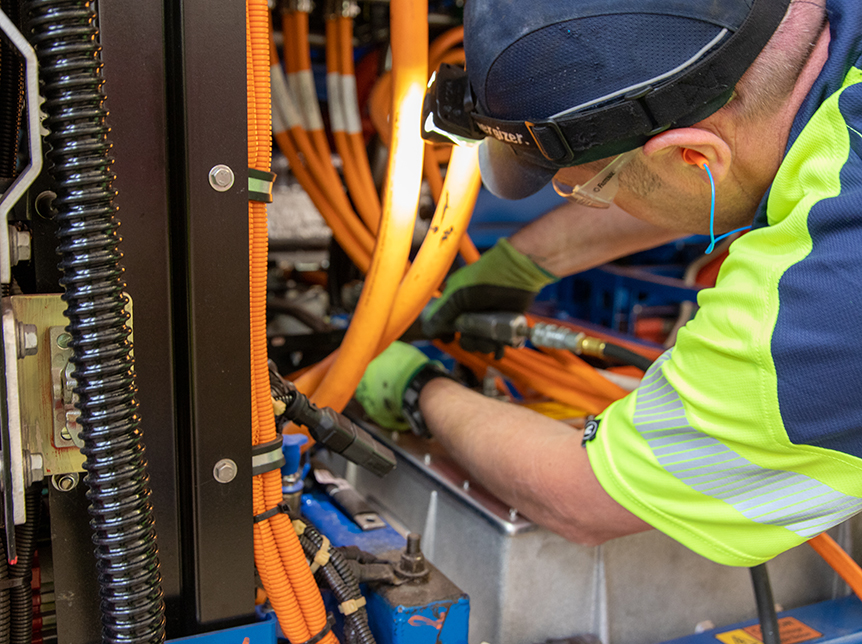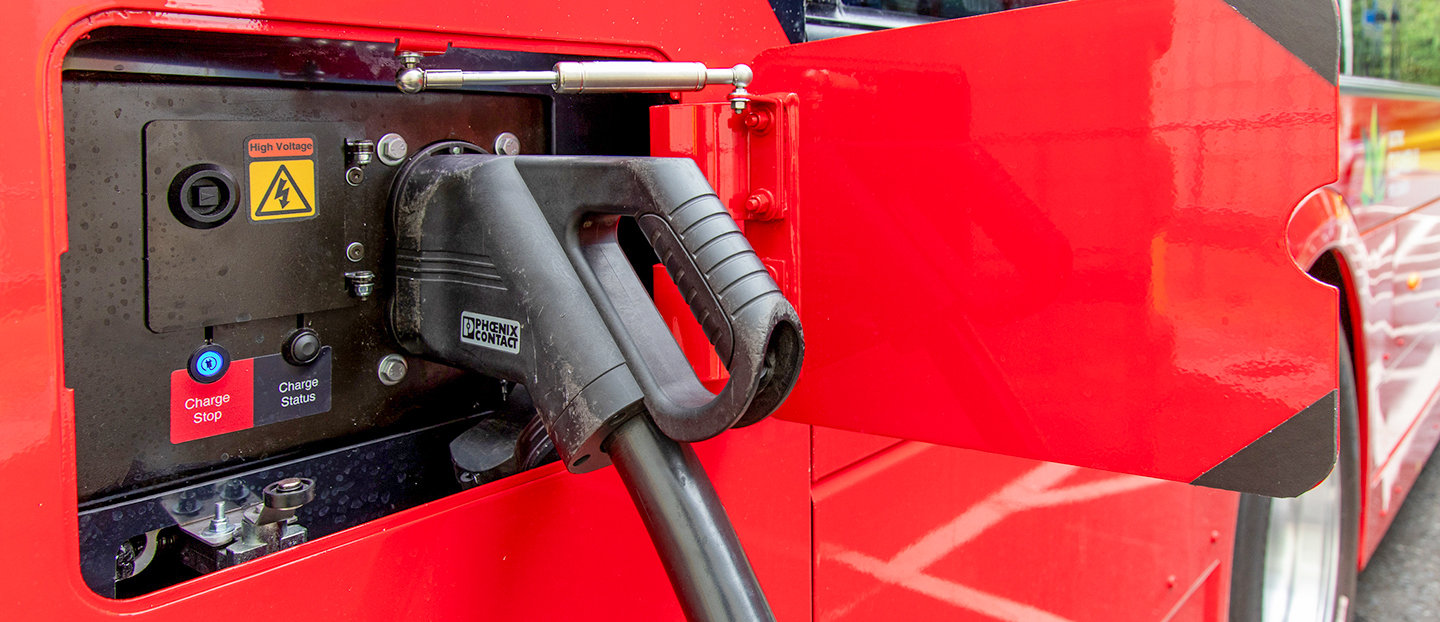
As cities worldwide shift towards sustainable transportation, two technologies are leading the way: the hybrid bus and the electrical bus. Both offer eco-friendly alternatives to traditional diesel-powered buses, but they operate differently. While hybrid buses combine fuel engines with electric power, fully electric buses run solely on electricity. In this article, we’ll explore the differences, benefits, and impact of these green transit solutions.
What is a Hybrid Bus?
A hybrid bus is a type of vehicle that combines a traditional internal combustion engine (usually diesel or gasoline) with an electric propulsion system. This dual-power setup allows the bus to reduce fuel consumption and lower emissions while maintaining operational flexibility.
How Does a Hybrid Bus Work?
- The bus starts using an electric motor powered by a battery.
- At higher speeds or when extra power is needed, the internal combustion engine activates.
- Regenerative braking helps recharge the battery, making the system more efficient.
Benefits of Hybrid Buses
- Lower Fuel Consumption – Uses less fuel compared to conventional diesel buses.
- Reduced Emissions – Produces fewer pollutants, improving urban air quality.
- Less Noise Pollution – Hybrid buses run quieter, especially in electric mode.
- Extended Range – Since they use fuel as well, they don’t suffer from range limitations like fully electric buses.
What is an Electrical Bus?
An electrical bus, also known as an electric bus or e-bus, is a vehicle powered entirely by electricity. Instead of a fuel engine, it runs on battery packs that supply energy to the electric motor.
How Does an Electrical Bus Work?
- Batteries store electrical energy, which powers the motor.
- Charging stations or overhead power lines recharge the batteries.
- Advanced battery technology allows buses to travel significant distances on a single charge.
Benefits of Electrical Buses
- Zero Emissions – No exhaust gases, making them 100% eco-friendly.
- Lower Operating Costs – Electricity is cheaper than diesel, reducing long-term costs.
- Smooth & Quiet Rides – Eliminates engine vibrations, offering passengers a more comfortable experience.
- Government Incentives – Many cities offer subsidies for electric buses to promote sustainability.
Feature | Hybrid Buses | EV Buses |
|---|---|---|
Emissions | Lower than diesel | Zero emissions |
Fuel Efficiency | Uses fuel & electricity | Fully electric |
Range | Longer (fuel backup) | Limited (battery range) |
Cost | Lower upfront cost | Higher upfront cost but lower maintenance |
Infrastructure Needs | Minimal | Requires charging stations |
While hybrid buses are a great transition solution with fuel efficiency and fewer emissions, electrical buses offer a completely green alternative, ideal for cities investing in charging infrastructure.
The Future of Public Transportation
Both hybrid buses and electrical buses are key to reducing carbon emissions and creating cleaner cities. As battery technology advances and charging networks expand, electric buses will likely become the dominant choice for urban transit. However, hybrid buses remain a valuable option for long-distance routes and areas where charging stations are still developing.
Read more
The Double Decker Electric Buses: Revolutionizing Urban Transportation
Read onSingle Decker Electric Buses: Paving the Way for Sustainable Public Transport
Read onElectric Buses and Hydrogen Vehicles: Driving the Future of Sustainable Transportation
Read onHybrid Buses: The Future of Sustainable Double Decker Transportation
Read onThe Future of Public Transit: Single Decker Buses and Hydrogen Fuel Cell Vehicles
Read onExploring the Future of Transportation: Battery Electric Vehicles and Double Decker Buses
Read onNavigating Urban Landscapes: The Versatility of Single Deck Buses and Double Deck Buses
Read onLondon's Bendy Bus Legacy and the Innovation of London Electric Vehicle Company
Read onPioneering Zero-Emission Transport: The Rise of Electric Bus Companies in the UK
Read onEmbracing Tomorrow's Roads: Zero-Emission vs. Battery Electric Vehicles
Read onThe Perfect Blend: Exploring Hybrid Electric Vehicles and the Role of Coach Builders
Read on
Get in touch
Wrightbus has been at the forefront of transport innovation since 1946, relentlessly pushing the boundaries with its commitment to quality, style and safety.
